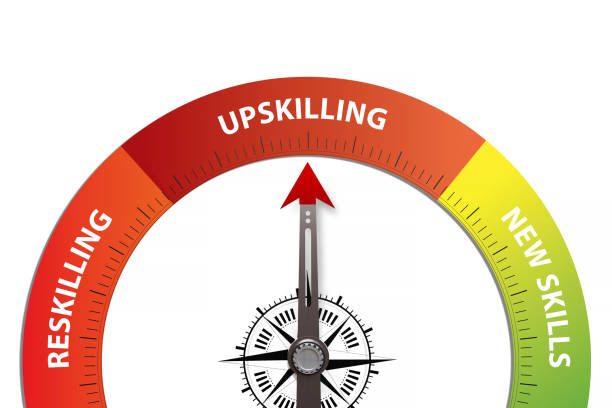We have a longstanding skills shortage in the UK which is only going to get more acute given the unprecedented pace of technological change. To put it into perspective – the UK Government’s annual employer skills survey found 1.72 million employees are now judged to be underskilled – that’s compared to 1.27 million in 2017. Looking at data, tech and digital skills specifically, Forbes research found that 93% of businesses had experienced challenges due to the lack of skilled digital talent with 41% pointing to a lack of training opportunities as a major cause.
“We need to see a skills revolution – perhaps the biggest transformation in skills seen in years to ensure that the UK workforce is prepared for the AI-driven digitalisation of the economy. AI will impact nearly every job function across almost every industry. Businesses large and small will need employees who have, at the very least, a basic grasp of how AI works, its risks, and its benefits. Given the UK’s existing skills shortage it is simply not realistic to believe that enough AI-skilled workers will be created via higher education.
It is up to businesses to proactively upskill and reskill their workforces – at every level – on critical AI skills. Research has time and again shown that the ROI on upskilling is incredibly high and has an outsized impact on employee retention. With the potential for AI to drastically improve the efficiency and effectiveness of nearly every business function – AI upskilling is likely to be one of the most consequential decisions a UK business will make over the next few years.
“AI upskilling is also crucial to future proofing the livelihoods of millions of workers. History serves as a stark reminder of the perils of neglecting skills development. The decline of heavy manufacturing in the 70s and 80s left scars that still linger today. Now, as AI threatens to automate lower-skilled roles and reshape entire industries, we cannot afford to repeat past mistakes.
Businesses and individuals need to be aware of this risk and understand that acquiring new skills doesn’t begin and end at school or university – it is a lifelong process. For a lot of people this will require a change in mindset. However, if we can make continuous upskilling a normal part of every career, not only will we reap all the benefits and reduce the risks of AI, we will go a long way to closing the UK’s productivity gap and supercharge the economy.”







